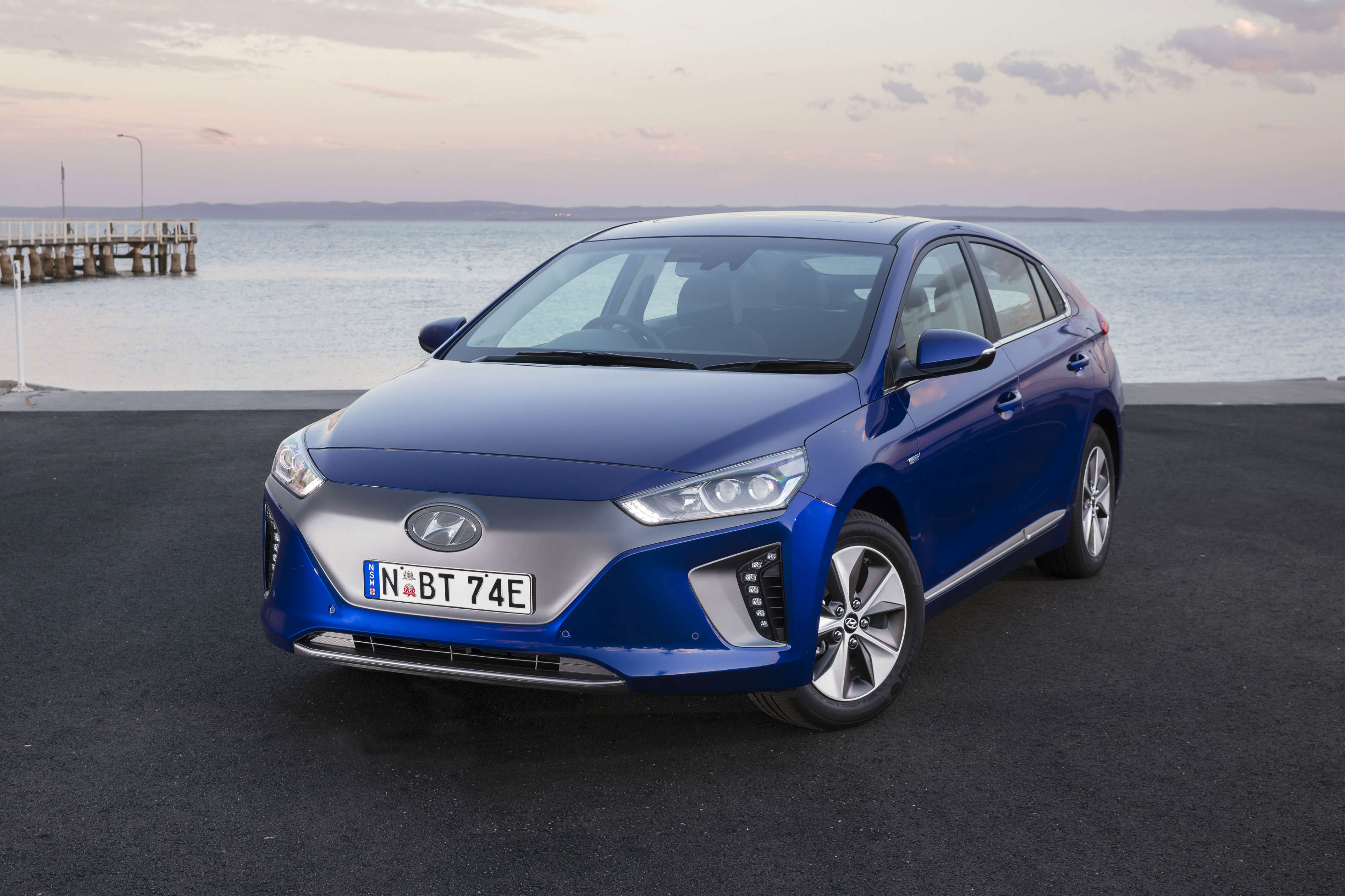
End-of-life (EOL) BEVs and their components (particularly the batteries) are far more challenging to manage than their fossil-fueled predecessors as they contain large amounts of chemical substances that constitute potential hazards to the environment and human health and safety. 2020), when more than half of all new cars sold are predicted to be battery-electric vehicles (BEVs). The current electric vehicle fleet is expected to increase from 2.4 million in 2020 to 81 million in 2050 (Slowik et al.

Even though this transition is still in its infancy, it is important to consider not only its environmental benefits but also its potential side-effects.
#Hybrid electric vehicle free#
and free trade agreement countries went into producing electric vehicles, it would supply less than 60% of EV targets set by automakers during that timeframe.The transition from fossil-fuel-based internal combustion vehicles to electric vehicles plays a key role to decarbonize road transport and mitigate climate change. The publicly traded mining company forecasts that even if all forecast nickel sulfate production through 2030 from U.S. , a Canadian-based start-up, estimates there is significantly insufficient production of battery-grade nickel, cobalt and manganese sulfate to reach U.S. There's also going to be a bottleneck in battery-grade nickel because the number of refineries that need to be paid when the demand is going up so fast." "Just look at the number of mines that need to be made. "Over the next 10 years or so, there's going to be tremendous bottlenecks in lithium supply around the world," Pratt said. Toyota also contends that there just aren't enough of such minerals to go around. That makes Toyota's hybrid strategy somewhat economical - relatively speaking. Raw material costs for electric vehicles more than doubled during the coronavirus pandemic, according to consulting firm AlixPartners. The batteries in electric vehicles are extremely costly, and the prices continue to increase due to inflation and demand for materials such as lithium, cobalt and nickel that are needed to produce the battery cells. Those sales include about 1 million units from its luxury Lexus brand, which plans to exclusively offer EVs in Europe, North America and China by then. Toyota has a goal to sell 3.5 million electric vehicles per year by 2030, which would be more than a third of its current sales. Several other automakers have made similar vows or set targets for 50% or more of their vehicles sold in North America to be all electric. GM, for example, has set a goal to exclusively offer zero-emissions, electric vehicles by 2035, including its Cadillac and Buick brands by 2030. That may sound like a lot, but it's dwarfed by others like GM and VW. to assist its previously announced plans. Weeks ago, the company announced it would devote up to $5.6 billion for hybrid and all-electric battery production in Japan and the U.S. And we know that that answer is not to treat everybody the same way," said Gill Pratt, Toyota chief scientist and CEO of the Toyota Research Institute, during a media event last month in Michigan. "We want to provide each person with a way that they can contribute the most to solving climate change. At the same time, it's continuing to invest in hybrids like the Prius and other potential alternatives to battery-electric vehicles. In December, Toyota announced plans to invest 4 trillion yen, or now about $28 billion, in a lineup of 30 battery-powered electric vehicles by 2030.

It also continues to invest in a portfolio of "electrified" vehicles – ranging from traditional hybrids like the Prius to its recently launched, yet underwhelming, bZ4X electric crossover.

While automakers such as General Motors, Volkswagen and others vowed to invest billions of dollars in recent years to develop all-electric vehicles that don't require gas-powered engines like the Prius, Toyota lagged, only more recently announcing similar investments.

Greenpeace last week ranked Toyota at the bottom of a study of 10 automakers' decarbonization efforts, citing slow progress in its supply chain and sales of zero-emission vehicles such as EVs that totaled less than 1% of its overall sales. The Prius hybrid runs on a pollution-emitting combustion engine found in any gas-powered car," Katherine García, director of the Sierra Club's Clean Transportation for All campaign, wrote in a recent blog post. "The fact is: a hybrid today is not green technology. But as the auto industry transitions to a battery-powered future, the Japanese automaker has fallen out of favor with some of its once-core supporters due, ironically, to the Prius and Toyota's hesitancy to invest in all-electric vehicles.


 0 kommentar(er)
0 kommentar(er)
